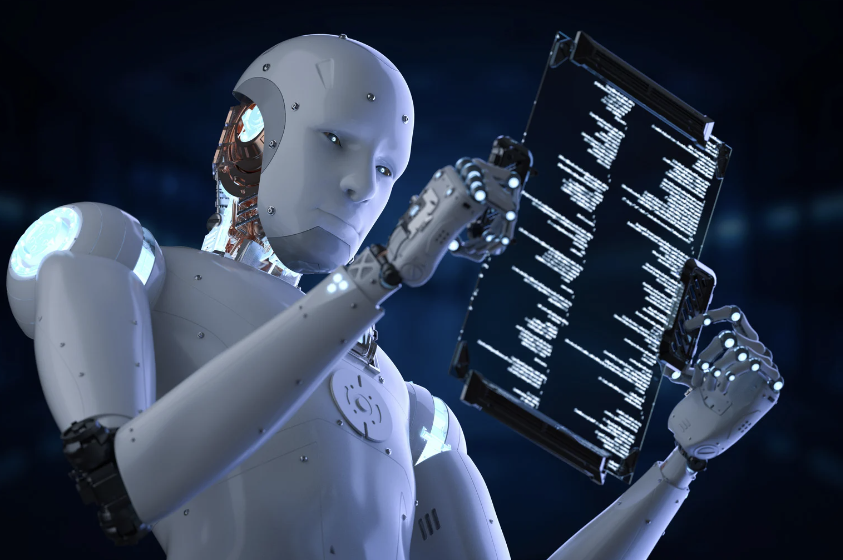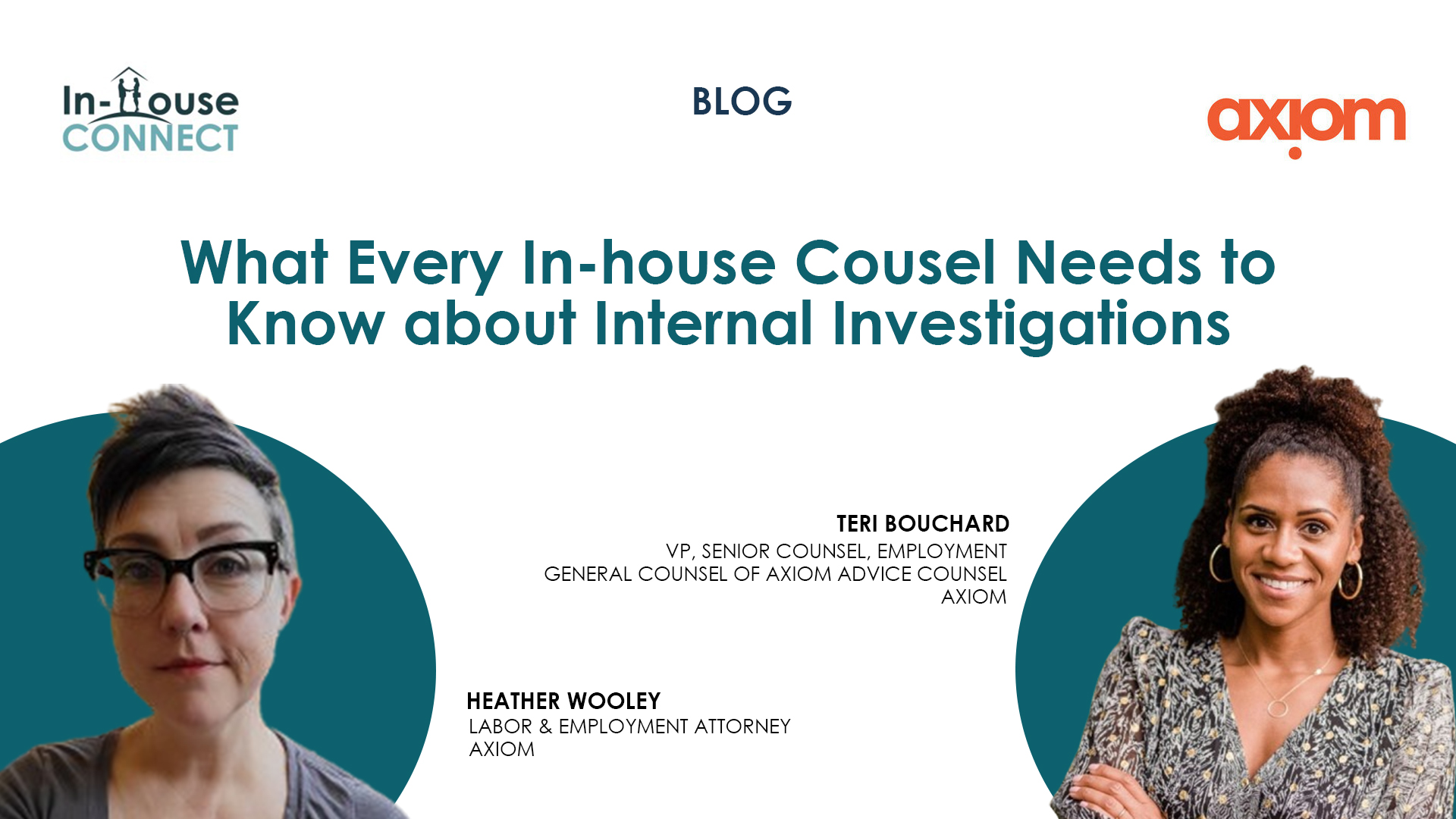The intersection of artificial intelligence (AI) and intellectual property law has become one of the most debated and rapidly evolving areas in recent years. With the increasing ability of AI to generate creative content, new legal challenges have emerged, particularly around the issue of copyright protection. Recently, the US Copyright Office made a significant decision, ruling that AI-generated works are not eligible for copyright protection. This blog explores the implications of this decision and examines key court cases that are shaping the future of AI-generated content.
The US Copyright Office’s Stance on AI-Generated Content
The US Copyright Office has taken a clear position that works created entirely by AI do not qualify for copyright protection due to the absence of human authorship. The Office maintains that copyright law requires human creative input, and because AI-generated works lack this human element, they fall into the public domain. This decision reflects the long-standing principle in copyright law that creative works must originate from human effort to be eligible for protection.
Key Court Cases Defining the Future of AI-Generated Content
Several high-profile legal cases are currently unfolding in the courts, each presenting unique challenges and questions regarding the intersection of AI-generated content and copyright law.
Thaler v. Perlmutter
Thaler v. Perlmutter is a case challenging the US Copyright Office’s rejection of copyright for AI-generated works. Stephen Thaler, who developed an AI known as “Creativity Machine,” sought copyright protection for artwork created by his AI. The Copyright Office denied this application, citing the absence of human authorship. Thaler subsequently filed a lawsuit to overturn this decision, arguing that the AI’s creative output deserves copyright protection. The outcome of this case could redefine the legal standards for authorship and copyrightability in the context of AI-generated works.
Conquered Music Group v. Anthropic
In Conquered Music Group v. Anthropic, the plaintiffs argue that Anthropic’s AI technology infringed on copyrights by using copyrighted music to train its algorithms without proper licensing. This case centers on the legality of using existing copyrighted works to train AI models, raising questions about the balance between innovation and intellectual property rights. The decision in this case could establish new guidelines for how copyrighted materials can be used in the development of AI technologies.
New York Times v. AI Companies
The New York Times has also sued several AI companies for unauthorized use of its copyrighted articles to train AI systems that generate news summaries and other content. This lawsuit highlights the broader issue of protecting traditional media and publishing rights in the digital age. It challenges the extent to which AI companies can use publicly available content without infringing on existing copyrights and will likely set important precedents for the use of copyrighted material in AI training.
Anderson v. Stability
Anderson v. Stability involves a dispute over an AI system that created visual works closely resembling copyrighted designs. Anderson, a graphic designer, claims that Stability’s AI generated images that are strikingly similar to his copyrighted works. This case will explore whether AI-generated content that mimics human-created works can be considered copyright infringement. It will also address the issues of substantial similarity and originality in the context of AI, potentially redefining how courts view AI-generated content in relation to existing copyrights.
The rejection of AI-generated content by the US Copyright Office and the ongoing legal cases underscore the complex and evolving relationship between AI and intellectual property law. As these cases proceed, they will play a crucial role in determining how copyright laws apply to AI-generated works, potentially reshaping the industry for creators, legal professionals, and technology developers. Staying informed about these developments is essential for anyone involved in the creation or management of content in the digital age.
Read our latest blog “Copyright Protection: Importance of Marketing Images in the Digital Age” to learn more about copyright protection in digital marketing.
Missed The Webinar? You can watch it now via IHC On-Demand!







